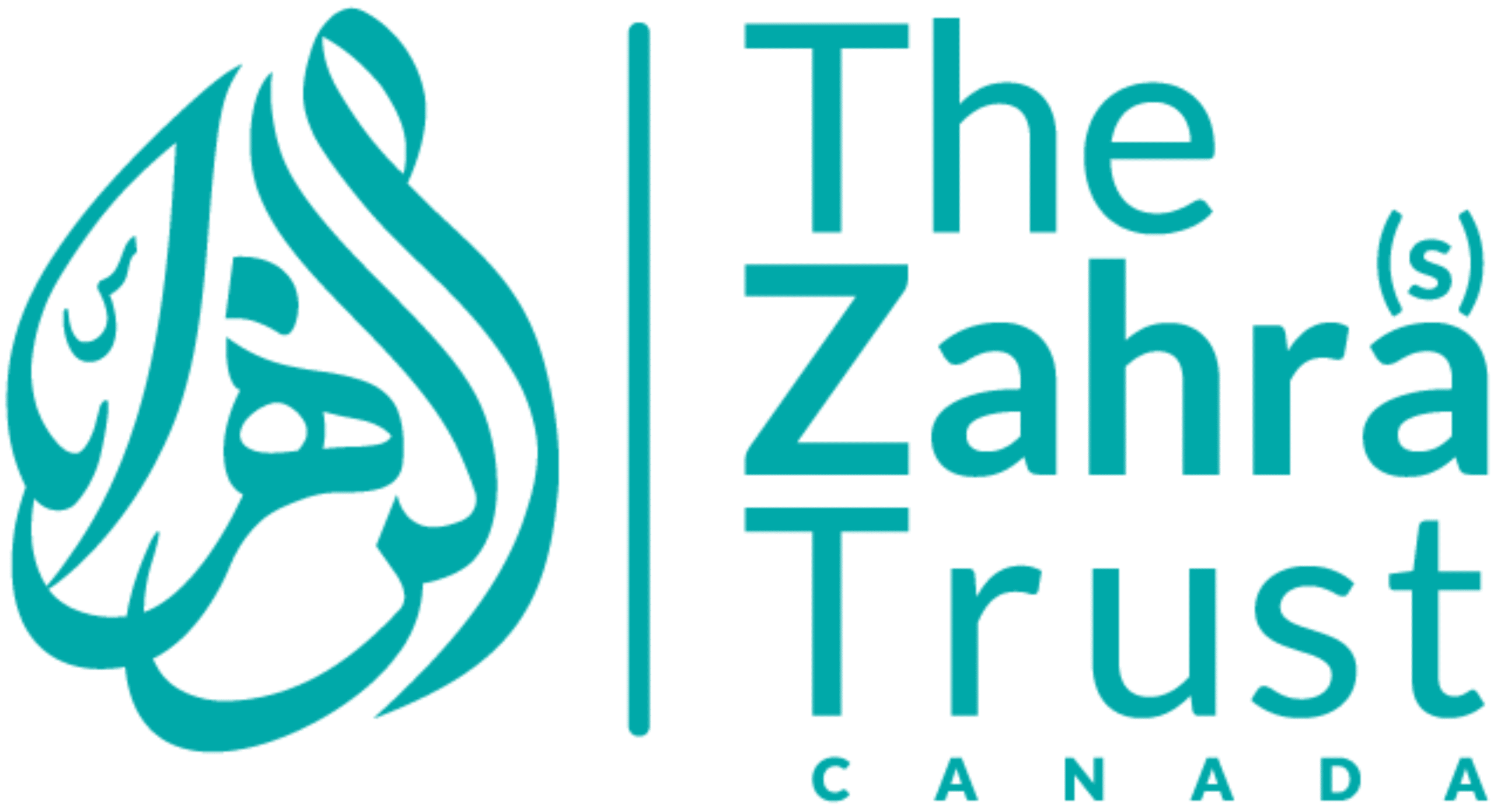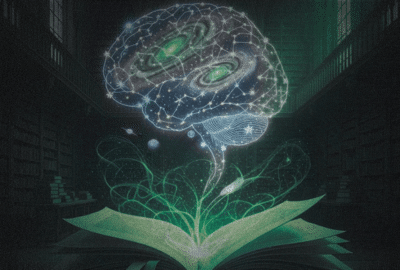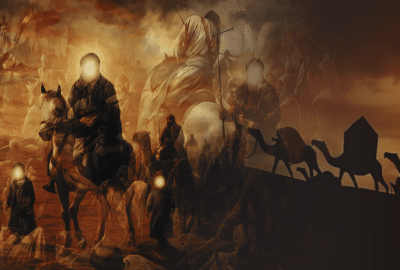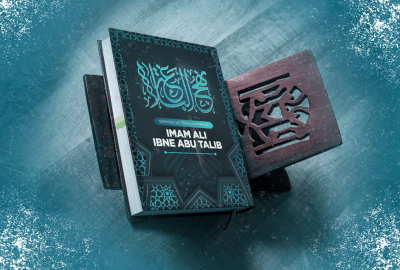Hadiths About Knowledge in Islam
From the earliest days of Islam, knowledge has been a sacred pursuit — a divine path that leads the soul toward Allah (swt).
As followers of the Ahlulbayt (as), we are reminded time and again that seeking knowledge in Islam is not just encouraged — it is a form of worship and a key to spiritual, social, and communal upliftment.
Below are five powerful hadith about knowledge from Prophet Muhammad (saww) and the Ahlulbayt (as) that reveal the deep significance of learning in Islam.
1. The Path of Knowledge Leads to Paradise
“One who proceeds on a path in the pursuit of knowledge, God makes him proceed therewith on a path to the Garden (Paradise). And, verily, the angels spread their wings for the seekers of knowledge out of delight.” – Prophet Muhammad (saww) (Al‑Kulayni, al‑Kafi, vol. 1, Kitab Fadl al‑’Ilm, Hadith #1)
This hadith is a beautiful reminder that the importance of knowledge in Islam is not limited to worldly benefit — it is a path to Jannah itself.
2. The Scholar Is Greater Than the Worshipper
“The merit of the alim (the learned) over the ‘abid (the devout) is like the merit of the moon over the stars on a full‑moon night. The learned are the heirs of the prophets, for the prophets did not leave behind a legacy of wealth but that of knowledge.” – Prophet Muhammad (saww) (Al‑Kulayni, al‑Kafi, vol. 1, Kitab Fadl al‑’Ilm, Hadith #1)
This powerful teaching shows that knowledge is better than worship and the true inheritance of the Prophets because it guides action and empowers communities to rise with dignity.
3. Knowledge as Worship
“A person setting forth for the acquisition of knowledge is like the one who struggles in the way of God.” – Imam Ali (as) (Bihar al‑Anwar, vol. 1, p. 179)
Imam Ali (as) reminds us that seeking knowledge in Islam is an act of worship and a sacred struggle in the path of Allah (swt).
4. Pursue Knowledge with Urgency
“Were people aware of what lies in the obtainment of knowledge, they would pursue it even though they had to make voyages and endanger their lives to obtain it.” – Imam Sajjad (as) (Usul al-Kafi, vol. 1, p. 35)
Imam Sajjad (as) urges us not to treat the pursuit of knowledge lightly.
Whether it means sacrificing time, resources, or comfort – the value of true learning is worth every effort.
5. Knowledge is More Beloved Than Worship
“The virtue of knowledge is more beloved with Allah than the virtue of worship.” – Prophet Muhammad (saww) (Bihar al‑Anwar, vol. 1, p. 167)
This profound statement beautifully reinforces the virtues of seeking knowledge in Islam- making learning is an act of devotion and a way to draw closer to Allah (swt).
Uphold the Legacy of Intellect with The Zahra Trust
At The Zahra Trust, we are committed to upholding the sacred tradition of knowledge and education.
Across crisis zones and underserved communities, we are:
- Supporting children to return to school
- Creating access to Islamic knowledge where it is most needed
Because everyone deserves a chance to learn — no matter where they come from.
Be part of this legacy. Support education. Empower lives.
FAQ
Islam places a high value on learning. According to many hadith from Prophet Muhammad (saww) and the Ahlulbayt (as), seeking knowledge is considered an act of worship and a means of spiritual elevation. It is also described as the inheritance of the prophets and a path to Paradise.
Several hadith state that knowledge is more beloved to Allah (swt) than worship. Knowledge enables believers to worship with understanding, act with fairness, and guide others, forming the foundation of a just society.
One well-known hadith states: “One who proceeds on a path in the pursuit of knowledge, God makes him proceed therewith on a path to Paradise.” Another says: “The virtue of knowledge is more beloved with Allah than the virtue of worship.” These hadith emphasise the spiritual significance of learning in Islam.
The Ahlulbayt (as) consistently encouraged learning, reflection, and reasoning. Imam Ja’far al-Sadiq (as) ran a renowned school in Medina, and Imam Sajjad (as) emphasised the urgency of seeking knowledge – even under threat or hardship. Their legacy laid the foundation for centuries of Islamic scholarship.
The Zahra Trust provides schooling for children and access to Islamic knowledge in underserved communities. The organisation upholds the Islamic tradition of intellect and learning as a means of empowerment and community development. By supporting these programmes, you help uphold the Islamic tradition of learning and empower lives.


 Donate Now
Donate Now
 Donate
Donate









